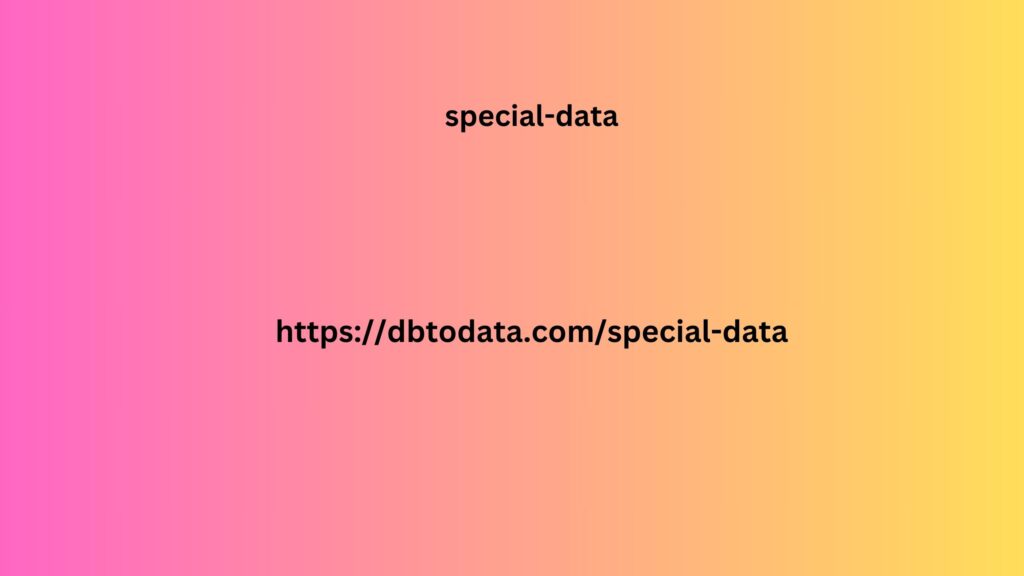relevant ads for things we’re interested in, even if it means using our personal data. For example, if we are looking for different types of tools or software that we can use for our agency to make us more efficient, we will be shown ads for new business technology for marketers and marketing agencies. Thus, we may discover a new product that we As consumers could not have discovered otherwise. However, some of you won’t want to share your information with Google from now on, so you’ll want to hide or at least limit the amount of data you share with the tech giant.
There are several ways to do this
Use a VPN (Virtual Private Network) – Use private browsing on your browser (Incognito Mode/Private Browsing) – Adjust your car owner data privacy settings via Google activity controls – Turn off location on Google Maps – Use a different browser or search on a different browser – Delete Google orders Unless you go completely offline, the fact remains that the more technology we use, the more information is given and stored about us.
But with all the aforementioned controversies over the past few months, more transparency has been created about what Google actually knows about us.
For more information
visit the Google Security Center for a comprehensive overview of their privacy policy. HAVE A NEW PROJECT? LET’S START IT TOGETHER! Google, as one of the largest search engines and technology giants, has access to a large amount of data about users who use their services. Here’s some key information about what Google knows about us:[/caption] Searches: Google records all searches that users enter into their browser. This allows Google to better understand users’
Location : If you use Google
Maps or enable access to your location on your device, Google will track your location to provide information about places near you and improve your navigation experience.
YouTube history : If you use YouTube, Google records the video content you watch, like and share. This helps them recommend similar content that might be of interest to you. Gmail and Google Workspace : If you use Gmail or Google Workspace (formerly known as G Suite),
Interactions with ads
Google tracks your interactions with ads to better understand your preferences and goals. This allows them to provide targeted advertising that may be relevant to you. Apps and Chrome extensions : If you use the Google Chrome. Crowser or in the case of television or radio advertising apps that. Are integrated. With a google Account, Google may have. Access to. Certain activities and data within those apps.
It is important to note that
Google uses this data in accordance with its privacy policy and provides options for users to manage and limit data collection. Users can view vietnam data and delete search history, manage privacy settings, and control ad personalization within their Google Account.
Google has access to your email and calendar events. This allows Google to provide personalized recommendations and reminders based on your emails.

